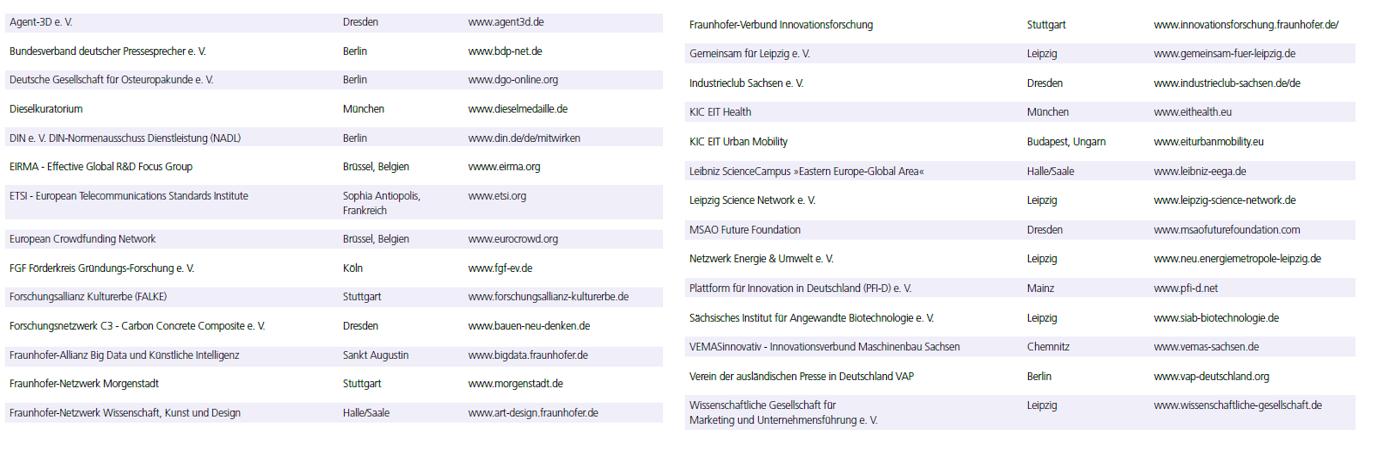The institue in figures
Since 2006, Fraunhofer IMW has been conducting scientifically sound research from a socio-economic perspective on how and under what conditions knowledge and technology transfer can succeed internationally. Around 230 employees, including almost 130 TVÖD employees from 12 countries, develop innovative strategies, processes and instruments for optimized knowledge and technology transfer and support customers and partners from business, industry, politics, research and society from strategic early intelligence to the development and implementation of marketable business models. In recent years, demand for our application-oriented research findings has increased. As in previous years, we were able to further increase the volume of our contract research even in a difficult economic environment. The institute's operating budget grew from €9 million (2020) to €10.2 million (2022). External revenues increased from €5.7 million (2020) to €6.3 million (2022), with economic revenues in particular increasing significantly from just under €400 thousand (2020) to €830 thousand (2022). Currently, the scientists at Fraunhofer IMW are conducting research in around 100 research projects. Current major projects include "Q.E.D. - Quantum Ecosystem Deutschland", "RESILIENT" and "DataLab WestSax". Every day, we align our research work with the highest scientific standards, place particular emphasis on customer orientation, and achieve excellent and well-founded research results. In 2022, the institute was recertified according to DIN EN ISO 9001:2015 DNV-GL at both locations. Our employees work according to standardized processes and achieve outstanding scientific performance to guarantee the greatest possible benefit for our customers and partners in industry, business, research and society.

